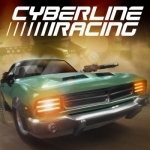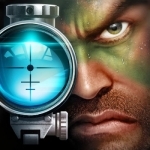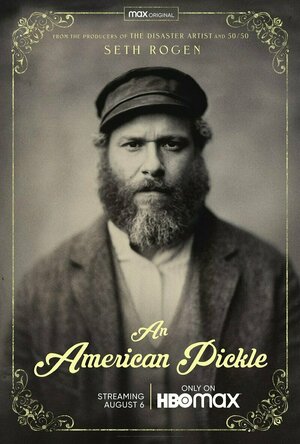
Warhammer 40,000: Carnage
Games and Entertainment
App
All New Playable Character, Exclusive Missions and New Flamer Weapons! New and Improved Fireteams!...
Emma @ The Movies (1786 KP) rated An American Pickle (2020) in Movies
Aug 22, 2020
Herschel and his wife Sarah get to America with hope and the dream of making the Greenbaum family a successful one. Herschel's plan is scuppered when he falls into a pickle vat at his job and isn't discovered for 100 years. The future is a very different place. Reunited with his great grandson Ben he starts to adjust to the new crazy way of life... with just a few bumps along the way.
So... I didn't hate it. It's a comedy that didn't raise many laughs, in me or the others in the screening. There were things that made me smile but I never broke the silence. It felt like a script problem rather than the acting, Rogen can deliver comedy well even if I don't find it funny.
Rogen's performances throughout were good. I couldn't help but watch for the continuity with his two roles, and apart from the frustrating shots needed to hide doubles it was all well done. He even got me with a bit of emotion which caught me by surprise... but that was something else that worked against the comedy, it felt much more like drama.
I enjoyed the different styles of the old country and modern America, the sets and costumes were well thought out and I really enjoyed the hipster joke about Herschel's clothes. But, I had an issue with the filming choice to separate the two eras. You may know from previous rants that I dislike odd aspect ratios, and ugh, why?! The film starts with "old timey" hand drawn style titles and it's shot in 1:33 (according to IMDb), when we hit modern times it reverts to a full screen size. I don't feel like there would have been anything to recover this for me but it would have been... more satisfying?... if they'd stuck to a theme. Go all out, small ratio, muted colours, grainy footage. They use the old photos a few times later in the film and some proper tie in might have been good. There's also a lot of technology based content to emphasise the differences, and that's perfectly logical but there was a lot of it. News footage popped up everywhere, TVs, computers, devices or the characters actually in it. It felt a little odd and a tad excessive.
Early on I noticed a lot of music, when Herschel meets the real world after being pickled I got a heavy Avengers/Cap vibe which almost instantly changed to something very weird and out of place. Almost as suddenly I stopped noticing the music at all, if it was still there it blended a lot better with the scenes... I'll just have to shrug my shoulders on that one.
Everything about An American Pickle is up and down, an odd but interesting story idea, a lack of laughs for a comedy, some great use of atmosphere to illustrate Ben's mood... but that all comes together (or rather it doesn't) into something that left me feeling a little pickled myself.
Originally posted on: https://emmaatthemovies.blogspot.com/2020/08/an-american-pickle-movie-review.html

For the Demented by Annihilator
Album Watch
Annihilator’s brand-new album “For The demented” promises to pack a premier punch....
Metal

Loopy 2id for Telegram. Smart Team Messenger
Social Networking and Productivity
App
With +1M downloads Loopy is the most downloaded Telegram client on iPhone after Telegram. Loopy's...

Fiverr - Freelance Services
Business and Lifestyle
App
Business owner working around the clock? Rushing to complete a project? Entrepreneur on-the-go? Say...

Hip Hop and Rap Ringtones – Best Beats and Melodies of Your Favorite Music Genre
Music and Entertainment
App
Is hip hop your favorite music genre? If the answer is yes, you are in the right place! Download...

Cyberline Racing
Games and Entertainment
App
Cyberline Racing is the triumph of the death racing genre! This game combines action packed shooting...

Tank Battle: East Front 1944
Games and Entertainment
App
Tank Battle: East Front 1944 is the penultimate title in the successful ‘Tank Battle: East...

Kill Shot Bravo
Games and Entertainment
App
Kill Shot Bravo - Play the #1 Shooter on Mobile! Become the Deadliest Special Forces Solider! Arm...

